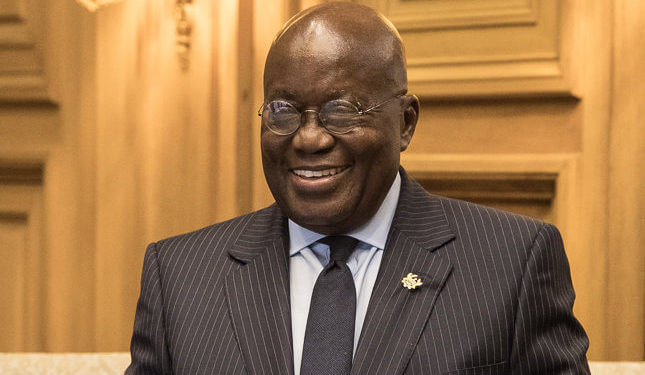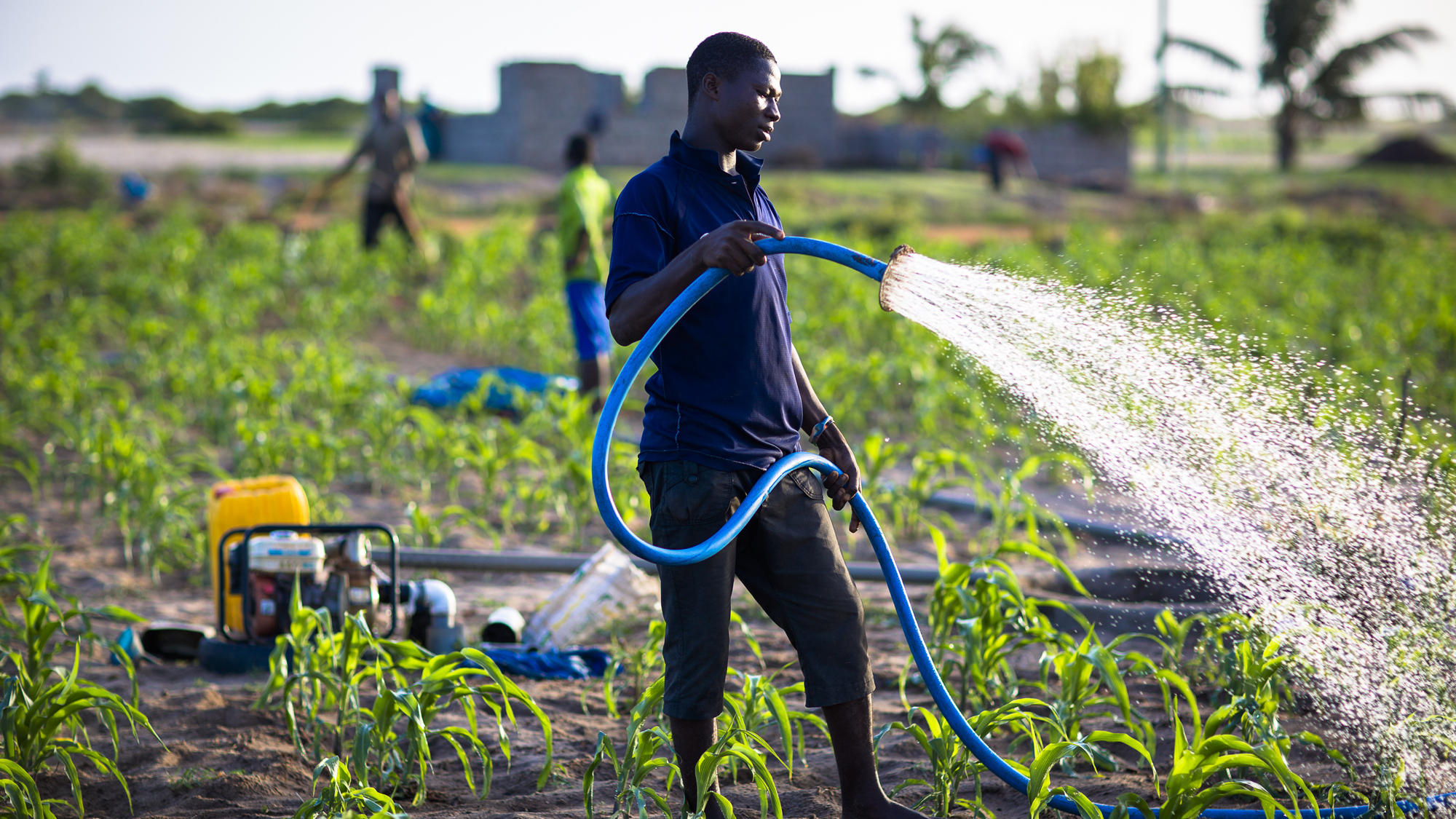Government says it will absorb in full the electricity bills of low-income consumers in the country for April, May and June 2020.
The other consumers who fall outside of this category will enjoy a 50 percent reduction in the cost of electricity for the same period.
This was announced by President Akuffo-Addo onThursday, April 9, 2020, during his sixth address to the nation to update the citizens on the fight against covid-19
“We have decided further measure of mitigation for Ghanaians for the next three months… Government will fully absorb electricity bills for the poorest of the poor, i.e: lifeline consumers.
“This will cover persons who consume 0 to 50-kilowatt hours per month for this period. This forms part of relief interventions by the state amid the novel coronavirus pandemic.
“Other categories of consumers will enjoy a 50 percent discount within the same period. For all other consumers, residential and commercial, the government will absorb 50 percent of your electricity bill for this period using your March 2020 bill as the benchmark,” he stated.
President further used the occasion to advise Ghanaians to use the utilities judiciously and not abuse it because government is paying for it.
“This is being done to support industries, enterprises and the service sector in these difficult times and to provide some relief for households. Nevertheless, I urge all Ghanaians to exercise discipline in their use of water and electricity,” he said.
Earlier interventions
Prior to this, President Nana Akufo-Addo, in his last national address on Sunday, April 5, 2020, announced that the Government will absorb the water bills for all Ghanaians for the next three months.
In response to this, the Ghana Water Company Limited also introduced a ‘strategic water supply-demand management plan” in the wake of the COVID-19 pandemic.
As part of its new strategy, it has arranged with “other institutions like the NADMO [National Disaster Management Organisation], National Security and other agencies with water Tankers to support fleet of tankers in the delivery of water to critical areas.”
The new plan is to determine the volumes of water that need to be supplied in to meet the various demands of the general public and that of other essential institutions during the outbreak.
Calls for electricity tariff reduction
Following the announcement by Government to foot the water bills of Ghanaian, there have been several calls for the President to follow suit with another intervention relative to the reduction of electricity bills to the citizens to cushion them in the wake of the coronavirus pandemic.
Key among them were the Minority in Parliament and former President John Mahama who argue that absorbing the tariff will help ease the burden on Ghanaians amidst the COVID-19 outbreak.
Meanwhile, CUTS Ghana, a Research and Public Policy Think Tank petitioned the Public Utilities Regulatory Commission (PURC) to announce a reduction in the electricity tariffs in Ghana.
This, according to the think tank, was necessary, considering the change in the factors that determine the cost of generation in the power sector.
They also argue that Crude oil and Gas prices have fallen drastically in the international markets due to the coronavirus pandemic.
This, the Country Director of CUTS Ghana, Appiah Kusi Adomako avers, is enough reason for the reduction of electricity tariffs in the country.
However, the Executive Director of the Institute of Energy Security, Paa Kwesi Anamuah Sakyi says this can only happen if there are enough funds to cushion the revenue shortfall
“As such a time, you only seek for relief for your citizens. Given that we are getting money from the private sector as well as the Stabilization Fund, if it is enough, then we can consider reducing the price of electricity as well to ensure that the citizens have some form of relief. We need to have this money available to fill the gap,” he said in an earlier interview with Citi News.
Again, Mr Sakyi, adds that if government goes ahead to reduce electricity tariff without the needed funds being available, the power sector will suffer in future.
“So it is a good call but we should be mindful of how to fill the gap. For us at IES, the reliable consistent power supply is more important than to have a reduced price of a commodity and not making it available and so we should consider that in the equation,” he said.
Meanwhile, the President has extended the lockdownby one week.










